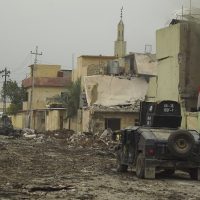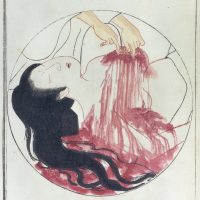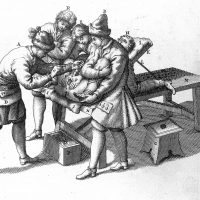
Words as a surgeon’s tool
When a patient comes in with a fatal head bleed, that first conversation with a neurosurgeon may forever color how the family remembers the death, from a peaceful letting go (“Maybe it was his time”) to an open sore of regret (“Those doctors didn’t listen! They didn’t even try to save him!”) When there’s no place for Read More …





